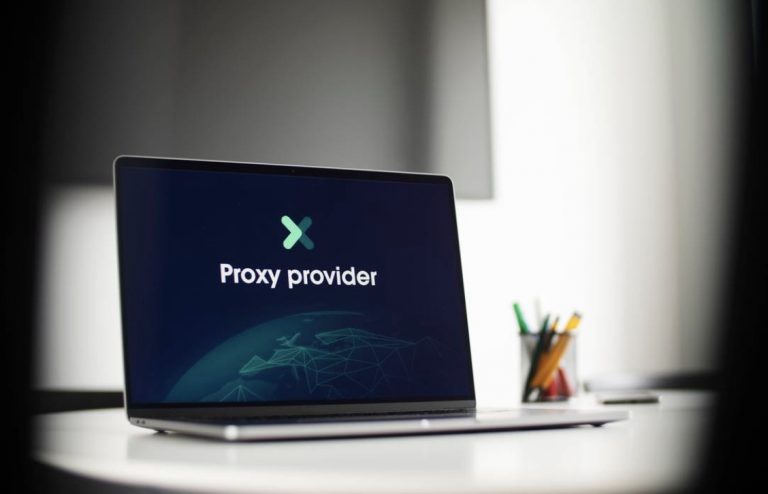Proxies are used to hide your IP address and help people maintain their online anonymity. There are two types of proxies that you can use, residential and datacenter, and both come with their own range of benefits. For example, residential proxies provide more anonymity, whereas datacenter proxies are much cheaper and sometimes provide better response rates.
Now that you have a rough idea of what proxies are, it’s time to decide which type is better suited for your needs. To make an educated choice, we put together this little guide that explains the key takeaways of each of these proxies and how to determine which one to use.
Story Stages
What are residential proxies?
Residential proxies are IP addresses provided by an Internet Service Provider (ISP) to a real residential address. The IP address is real and is connected to a physical location, meaning that every time you move to a different location and set up your internet connection, you ISP will provide you with a new IP address. The source of your IP marks the main difference between residential and datacenter proxies.
Residential proxies are much difficult to get blacklisted because they are provided by a real ISP, which makes them more “legitimate”. If you are looking to buy residential proxies, keep in mind that they may be a little more expensive that datacenter proxies, but they also provide higher anonymity and lower chances of getting blocked.
What are datacenter proxies?
Datacenter proxies are the most common type of proxies out there and they are not related to an ISP. They come from a third-party that provides you with a private IP address to maintain your online anonymity. The downside to datacenter proxies is that they usually come from a cloud server provider, meaning they are used by multiple people at the same time.
Because these IPs are not listed as belonging to an ISP, they can be flagged by certain targets, meaning you will need to take extra measures of protection when using them.
Datacenter proxies are often used to bypass geo-restrictions that some websites put in place in order to provide content based on your physical location. Websites are, unfortunately, getting more and more aware of this and use methods to block datacenter proxies, which makes residential proxies more effective on this matter.
Which proxy should I choose?
It is difficult to come up with a straightforward answer to this question, as both options provide their own set of advantages. For example, datacenter proxies are faster and can be better used at harvesting data, which means if your business needs to gather data fast, you might be better off using a datacenter proxy. They are also much cheaper to purchase, so they are a good option if you are on a budget. If you find a reliable provider you won’t have trouble with security either.
Residential proxies, on the other hand, are much more reliable and considered legitimate, which makes them almost impossible to blacklist. Residential proxies can also be static, meaning you can maintain the same address if you move, but they can be on the pricier side sometimes.
